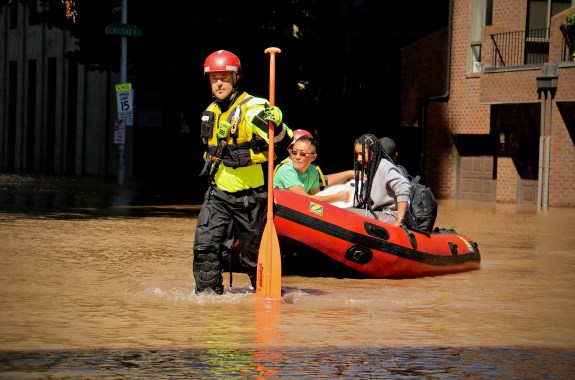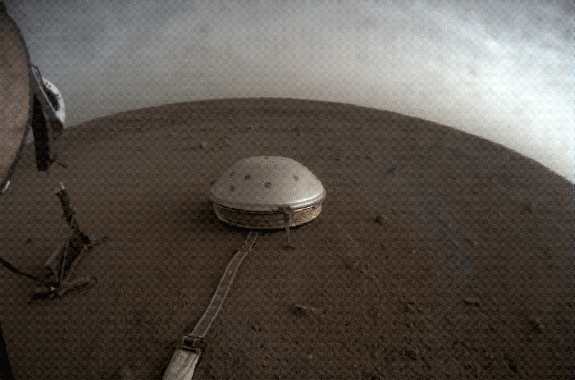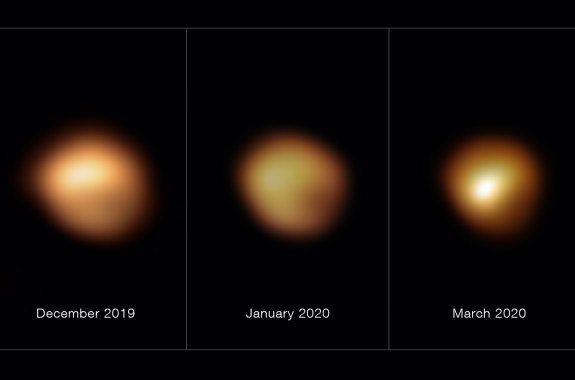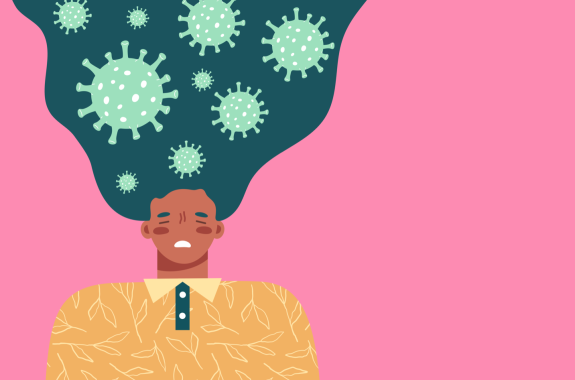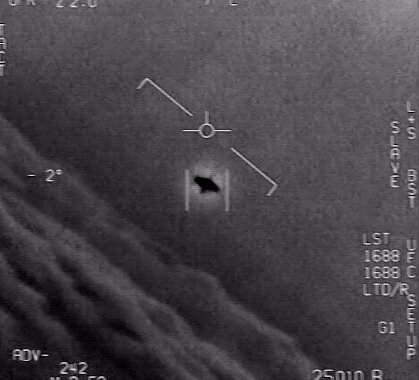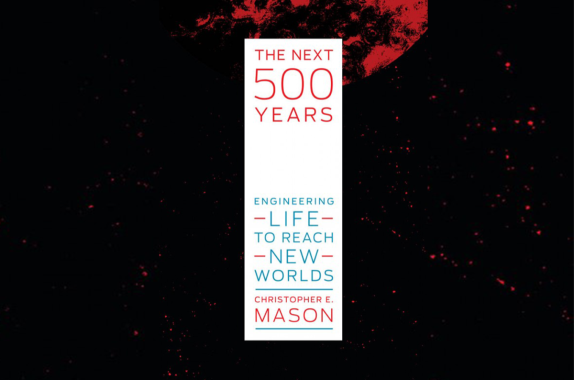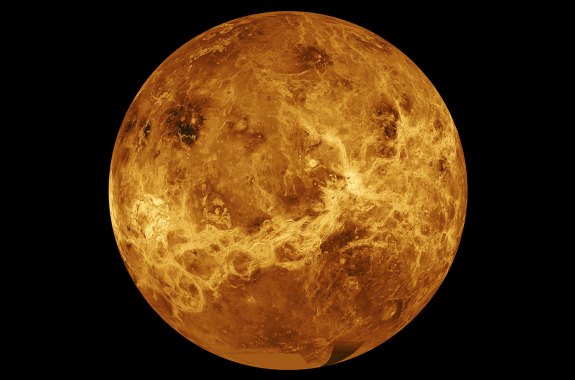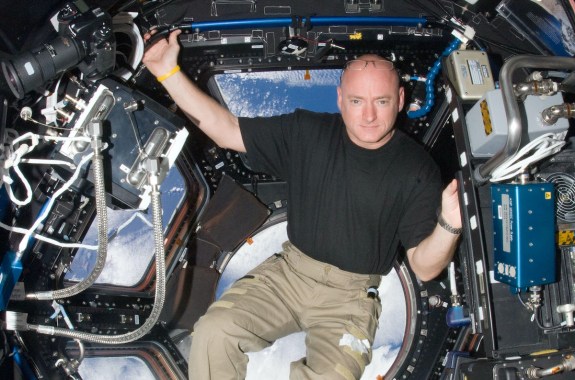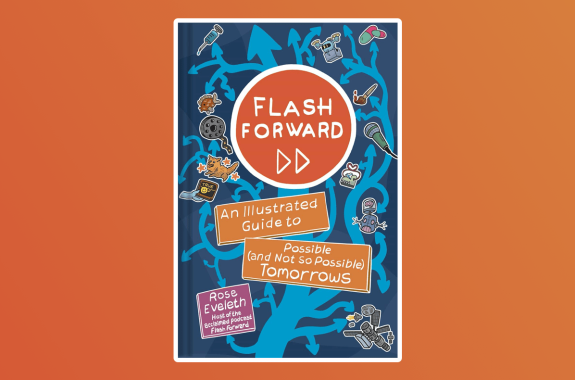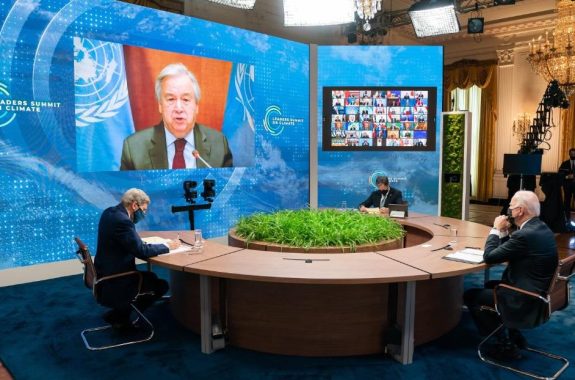12:06
Nation Grapples With Several Climate Disasters At Once
While wildfires blaze out west, Hurricane Ida wallops the eastern United States, more evidence that extreme weather is tied to climate change.
17:01
What’s Shaking Below Mars’ Surface?
Scientists are using quakes on Mars to peer inside the interior of the Red Planet. Plus, a planned mission to investigate Venus.
8:15
Betelgeuse’s False Supernova Alarm
Supernova expert Sarafina Nance explains a new theory for why red giant star Betelgeuse abruptly went dark in 2019.
11:50
The Long Tail Of Long COVID
Plus, more details on the highly transmissible delta COVID-19 variant and what happens when a spider eats a snake.
12:13
Is The Truth About UFOs Out There?
A much-anticipated government report examines “unexplained aerial phenomena” seen by Navy pilots.
How Can Humans Survive Longer In Space? Photosynthetic Skin
If scientists could genetically engineer chloroplasts into human skin cells, could it give us the energy needed to live in space long-term?
11:57
NASA Plans Two New Trips To Venus
Plus, the U.S. promises to send COVID-19 vaccines to countries with shortages.
17:33
Can Genetic Engineering Help Humans Live In Space?
Astronaut Scott Kelly talks about the bodily effects of a year in space, and author Christopher Mason explores how to help humans survive.
What Does Restorative Justice Look Like… In Space?
In a graphic anthology of possible futures, astronauts embarking on a moon settlement operation explore justice in space.
12:14
World Leaders Gather Virtually For Climate Summit
Forty world leaders attended to discuss how each country would commit to decreasing emissions.
